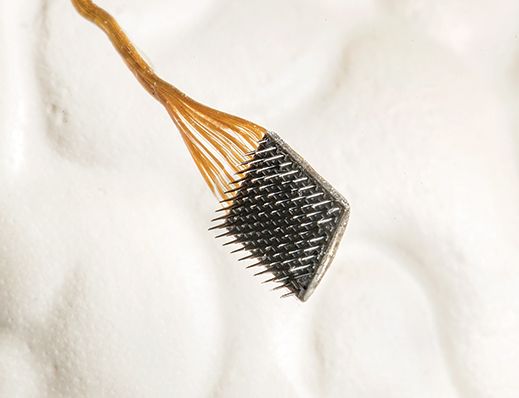Remember that paralyzed guy from Southern California who managed to walk on his own accord thanks to a revolutionary technique that bridged the gap in his severed spinal column with a wireless Bluetooth link? A team of doctors at Ohio’s Case Western Reserve University have reportedly accomplished the same feat with a patient’s arms.
The team described its initial findings at a meeting of the Society for Neuroscience in Chicago on Tuesday. The system works much like that of the earlier team at UC Irvine: a brain-control interface (BCI) reads the patient’s brain waves emanating from his motor cortex, converts them into actionable electrical signals and wirelessly transmits them to an actuator “sewn into” the patient’s arm. This actuator is comprised of 16 filament wires that generate electrical impulses, which cause various muscle groups to contract when stimulated. The patient thinks about moving his arm and it does so — well, sorta.
